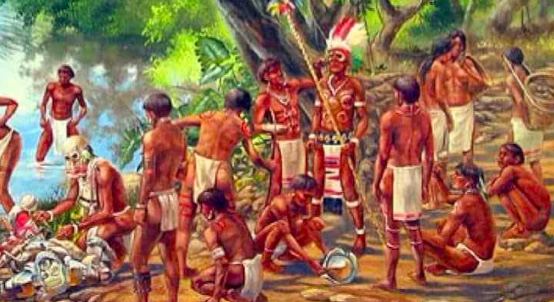
This episode takes viewers into the Columbian Era, and demonstrates some of the terrible effects that Spain’s discovery had on the people who lived in the West Indies – effects that would ripple out to all parts of both American continents, into today, and will likely continue into the future.

Watching Episode 96
Working from home, I’ve produced Episode 96 of Ramping Up your English. The main focus is the arrival of Europeans to America. You can watch the entire episode from archives.org. Just click here to go right to Episode 96: The Storm.
Episode Summary
We began Episode 96 with a quick review of simple past-tense verbs. These basic forms are indispensable for relating events from the past.
The name of this episode is The Storm. The featured video shows the background of the voyages of Columbus, and how the interactions of Columbus and his crew affected the Tainos: the Native Americans who welcomed these Europeans to the island in the Caribbean Sea.
The video was followed by a list of actions and situations that occurred during the time of Columbus, with an eye to finding patterns in Native American/European interactions.
Videos Used in Episode 96
The focus of this episode is the Video The Storm. Click here to watch the video on my You Tube channel.
The video is also on archive.org. Click here to watch it without ads.
Links to Related Videos
With the focus now on Columbus, here’s a video about this historical figure. Click here to see the video by Native American History.
Click here to access an audiobook about the Alhambra in Granada, Spain as written by Washington Irving. He spent many days and nights in this old moorish palace – making up and repeating stories. If you enjoy intrigue, you’ll probably enjoy listening. Audio from Librivox.
Learning Materials in Episode 96
We used two groups of educational slides in this episode. The first group was a brief review of simple past-tense verbs (not always so simple since some verbs are irregular in their past tense. The materials are below.
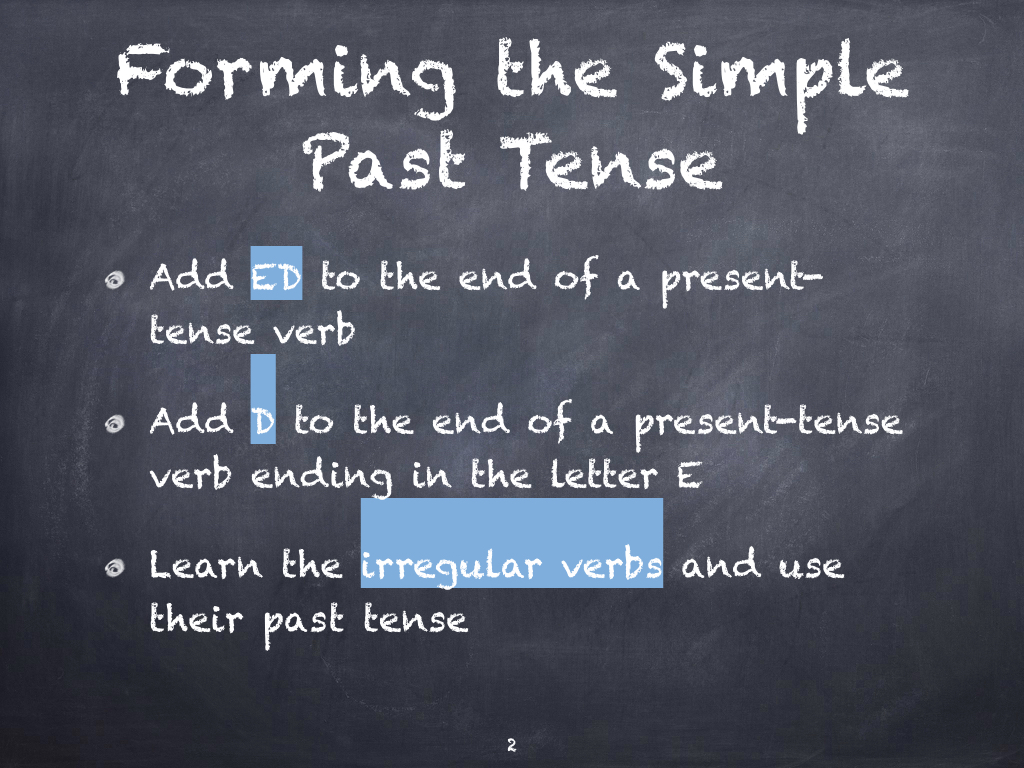
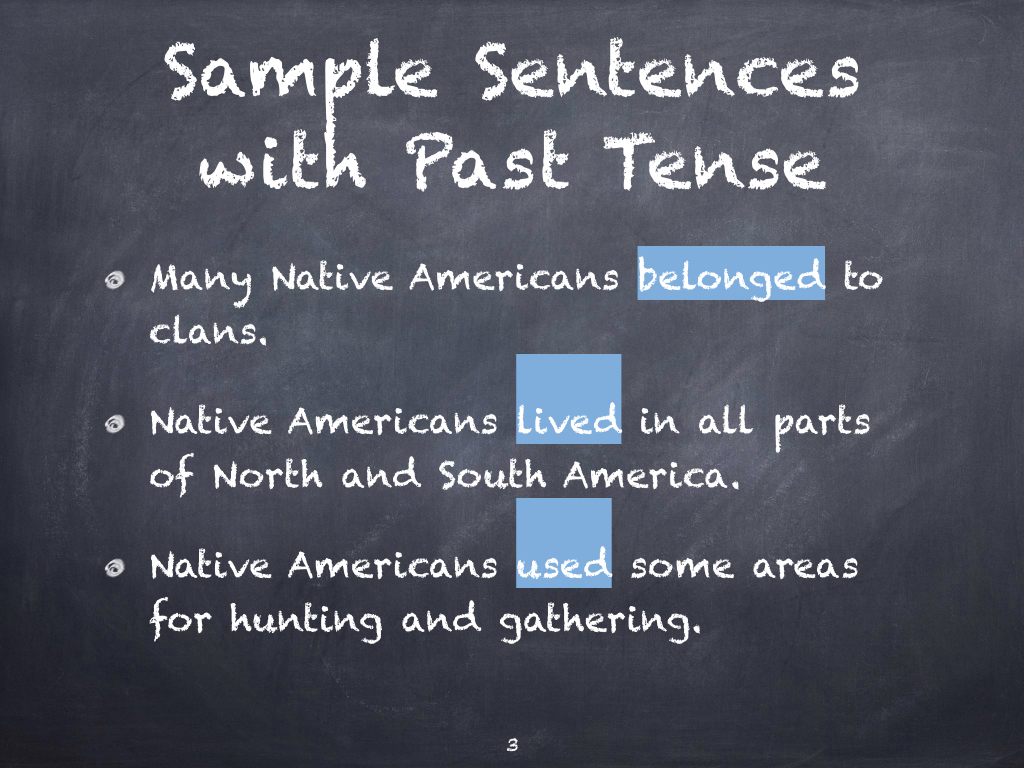
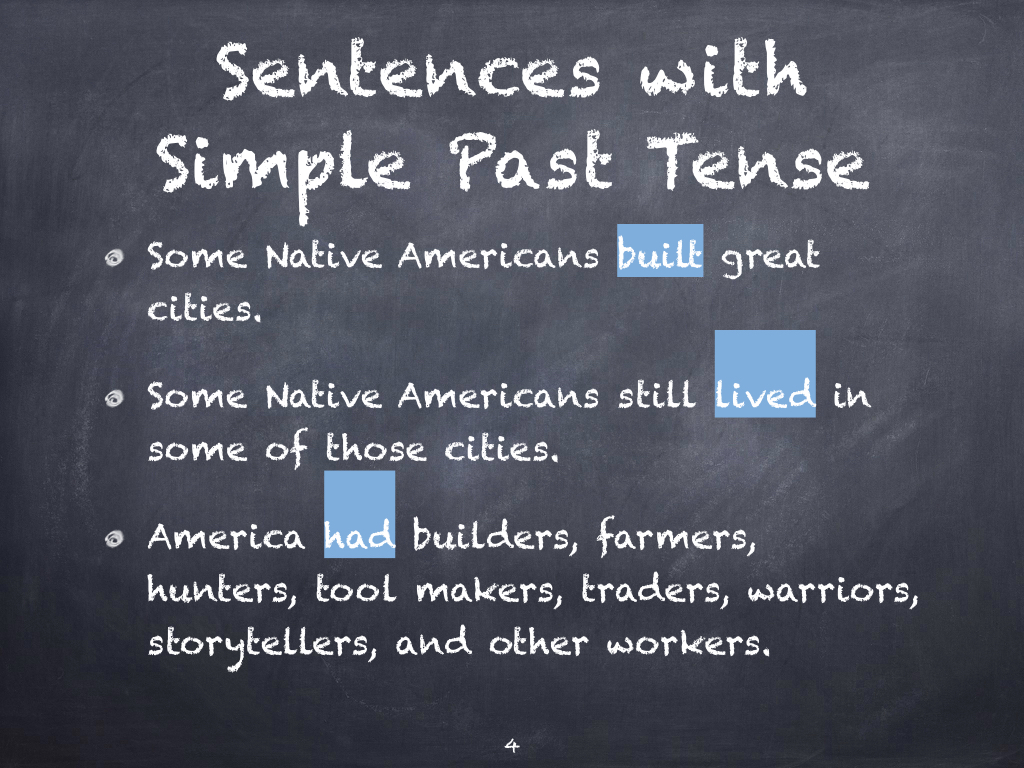
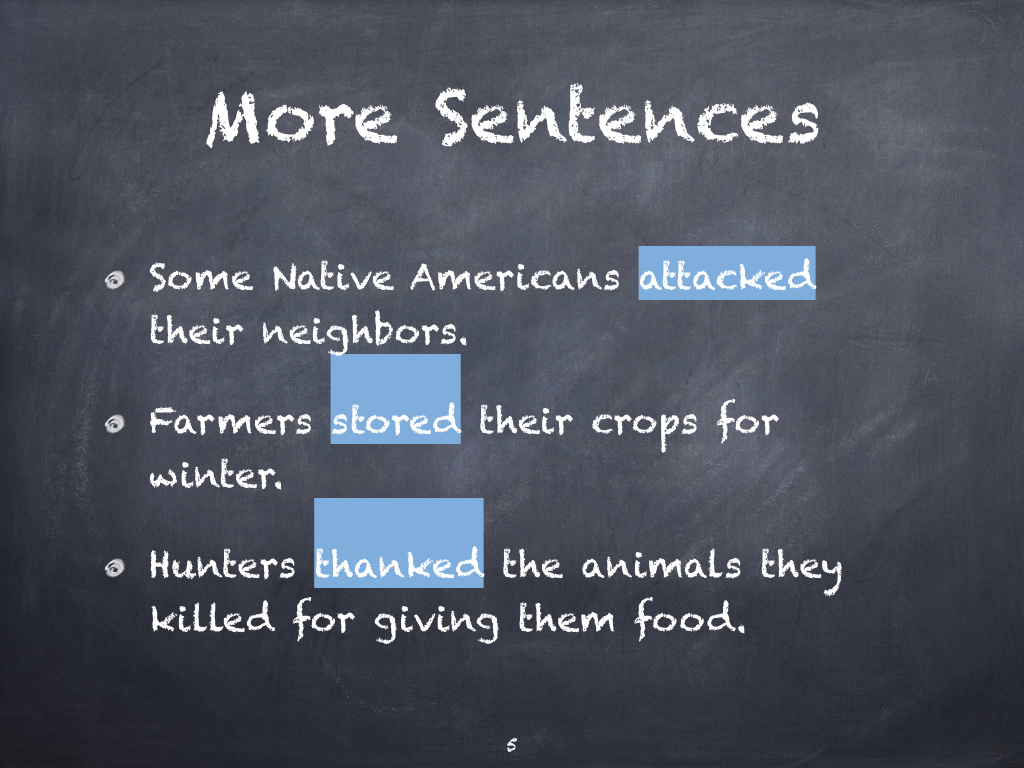
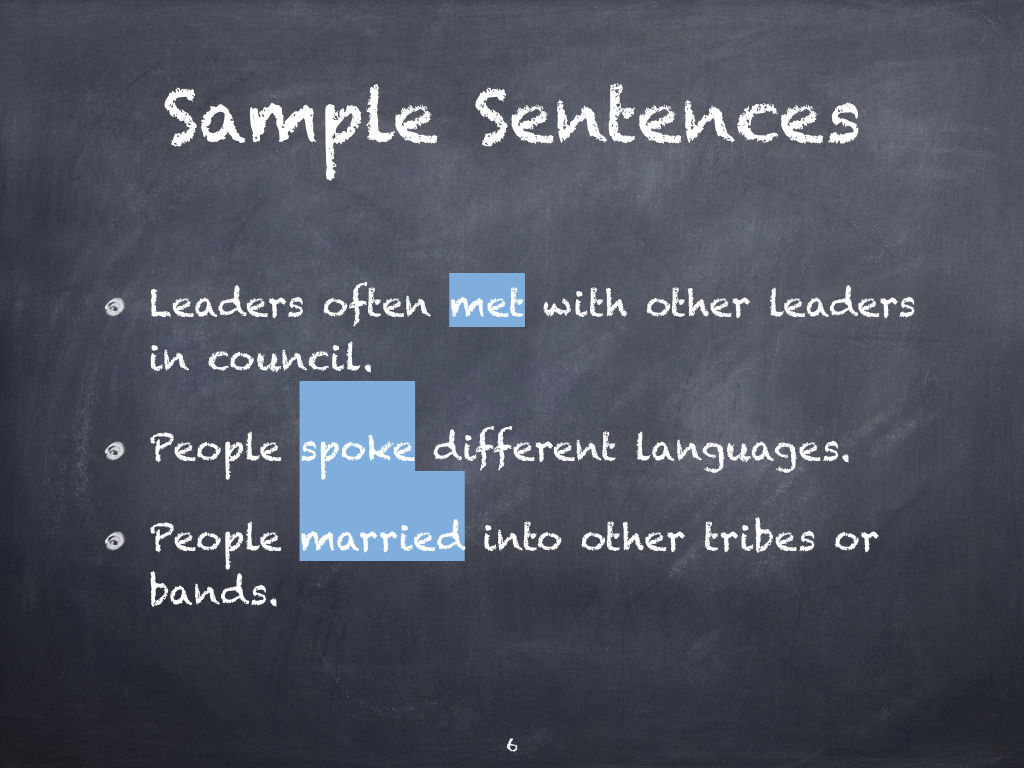
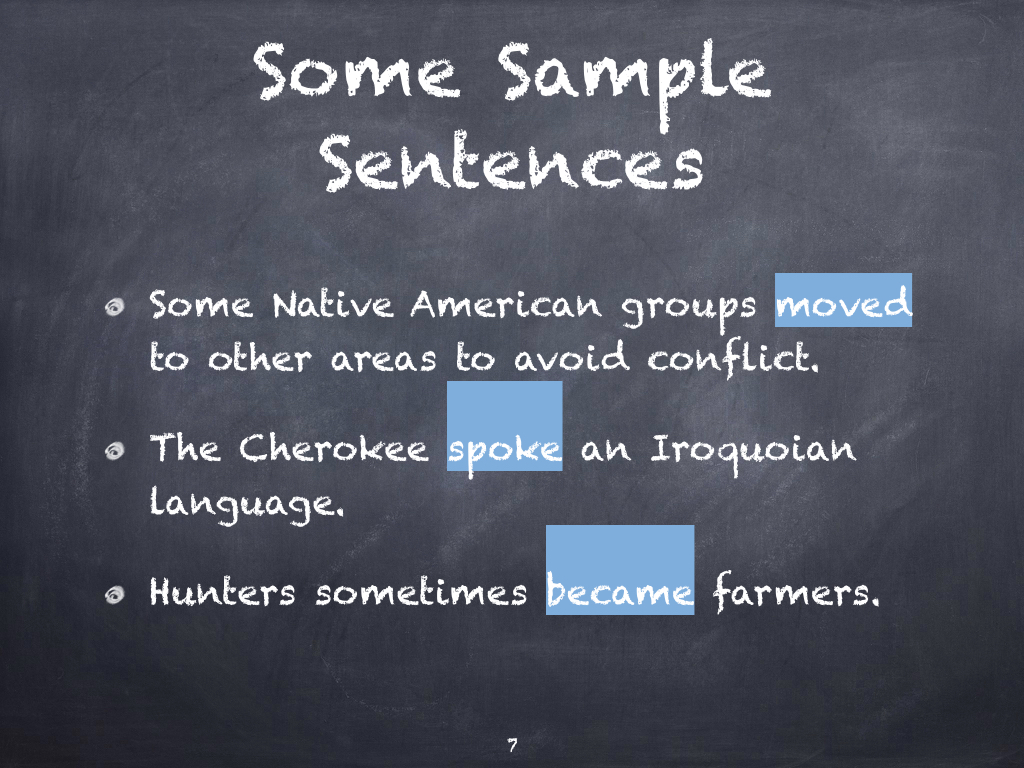
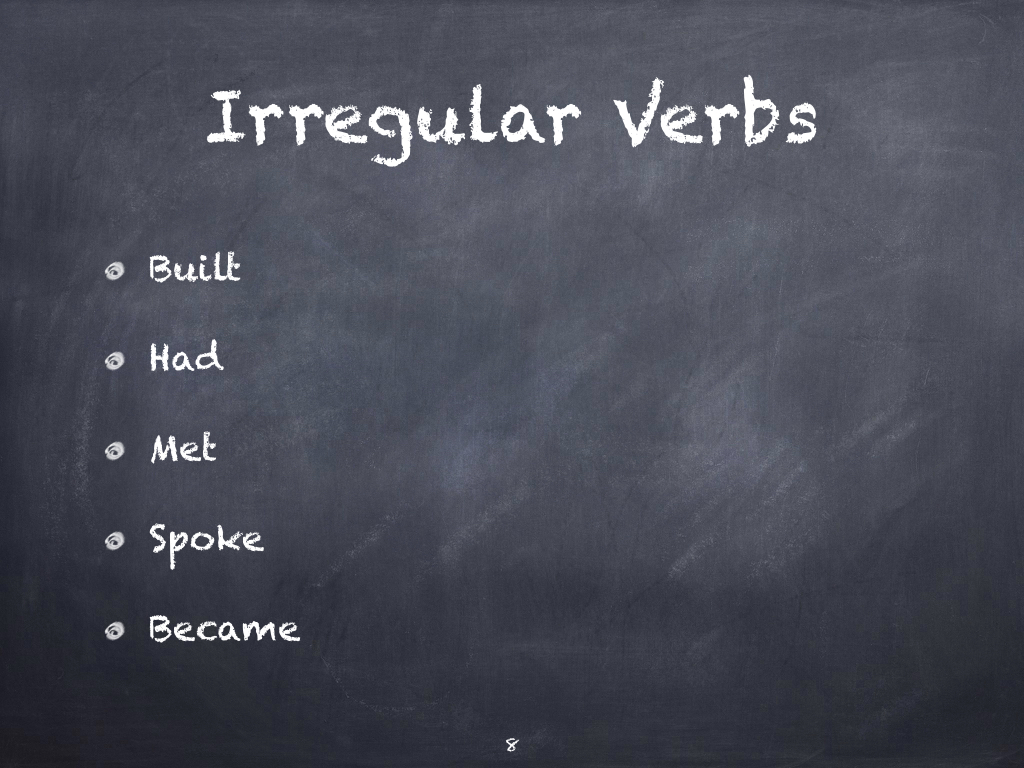
Ten Actions in Video The Storm
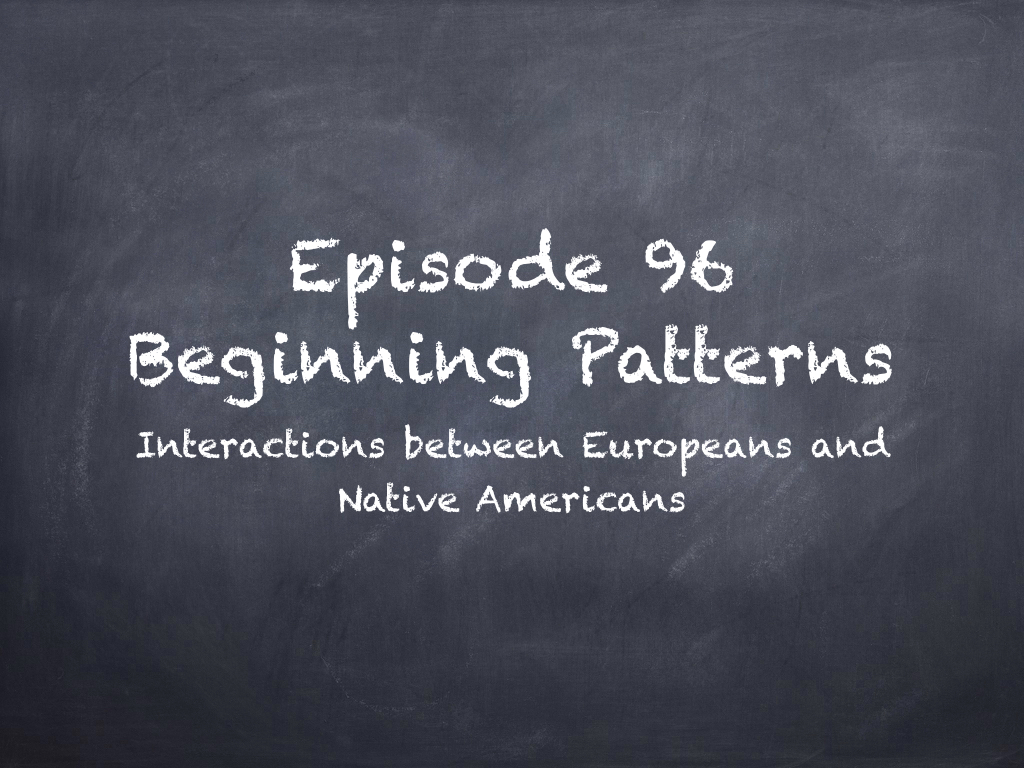
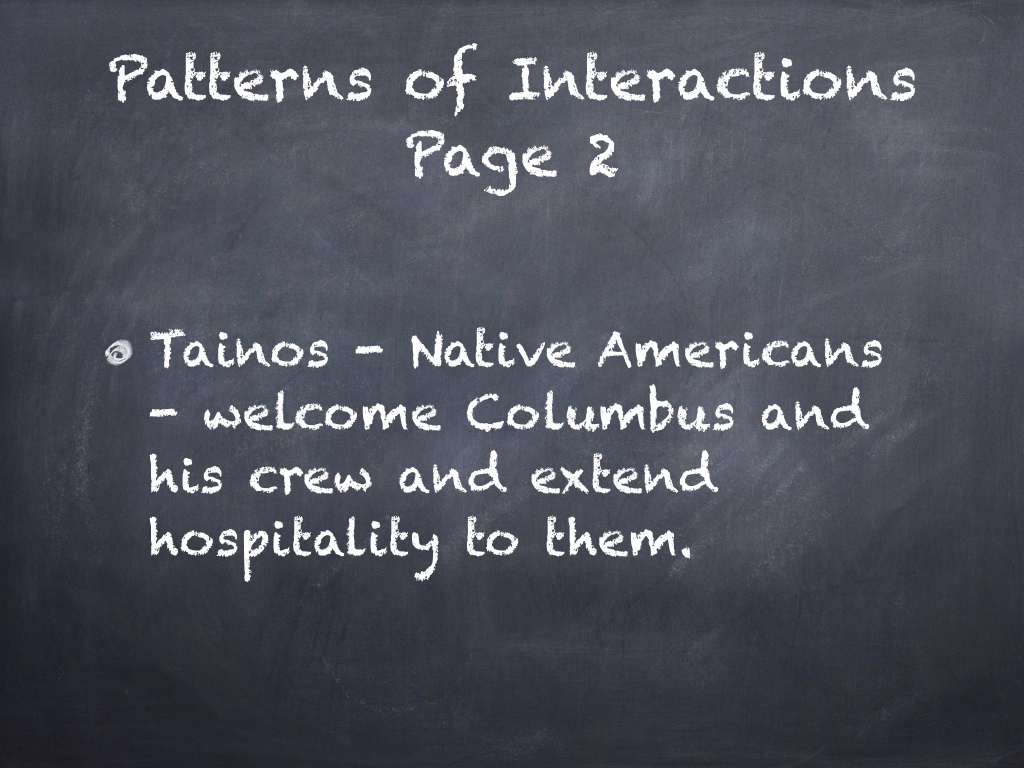

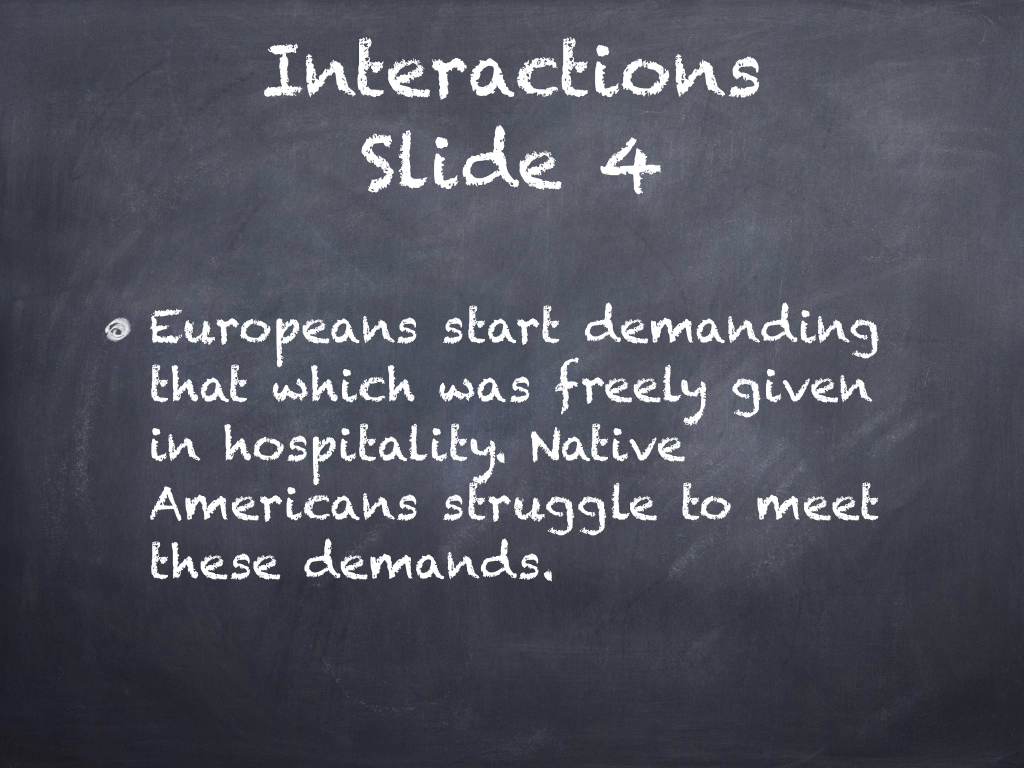
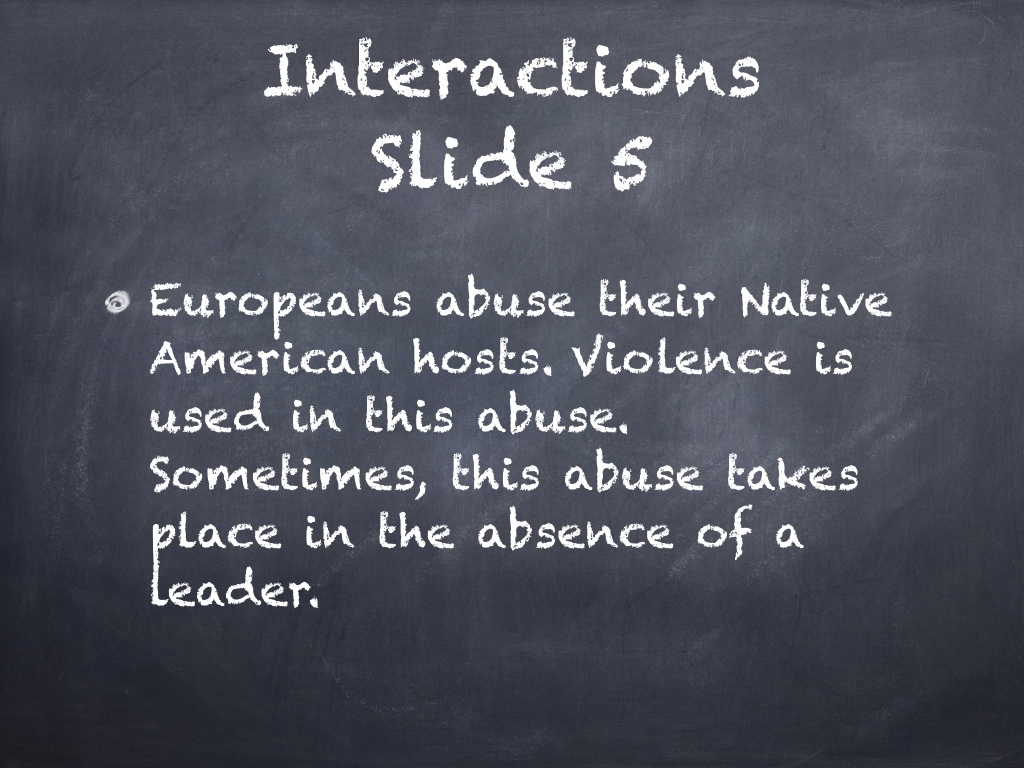
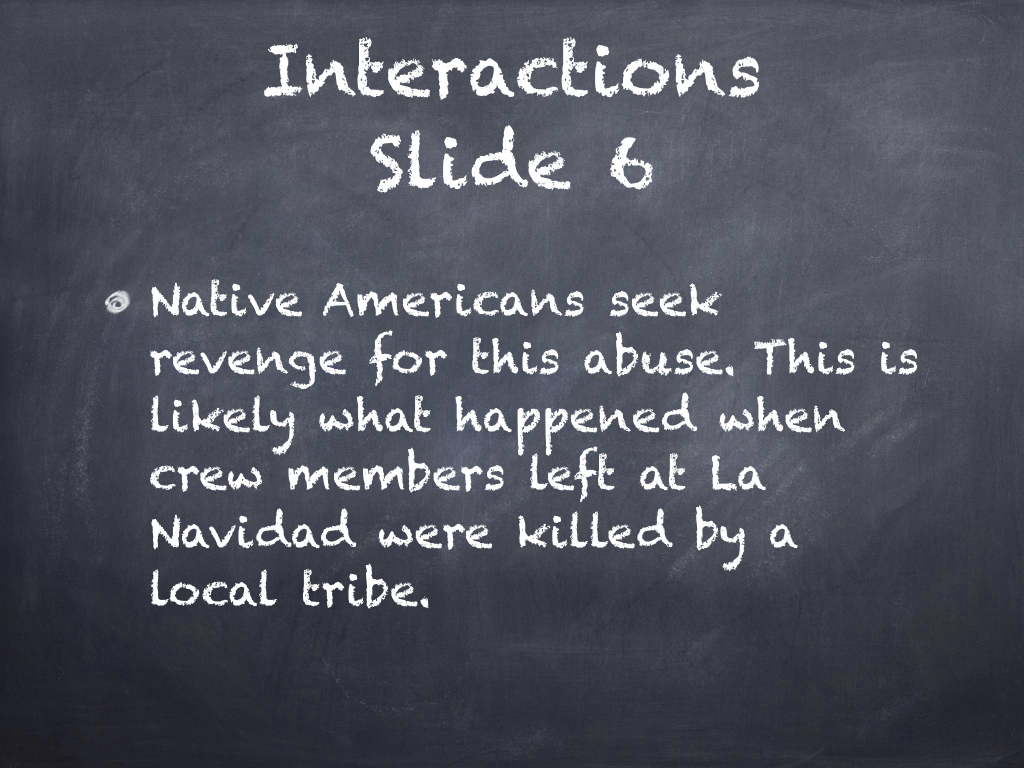
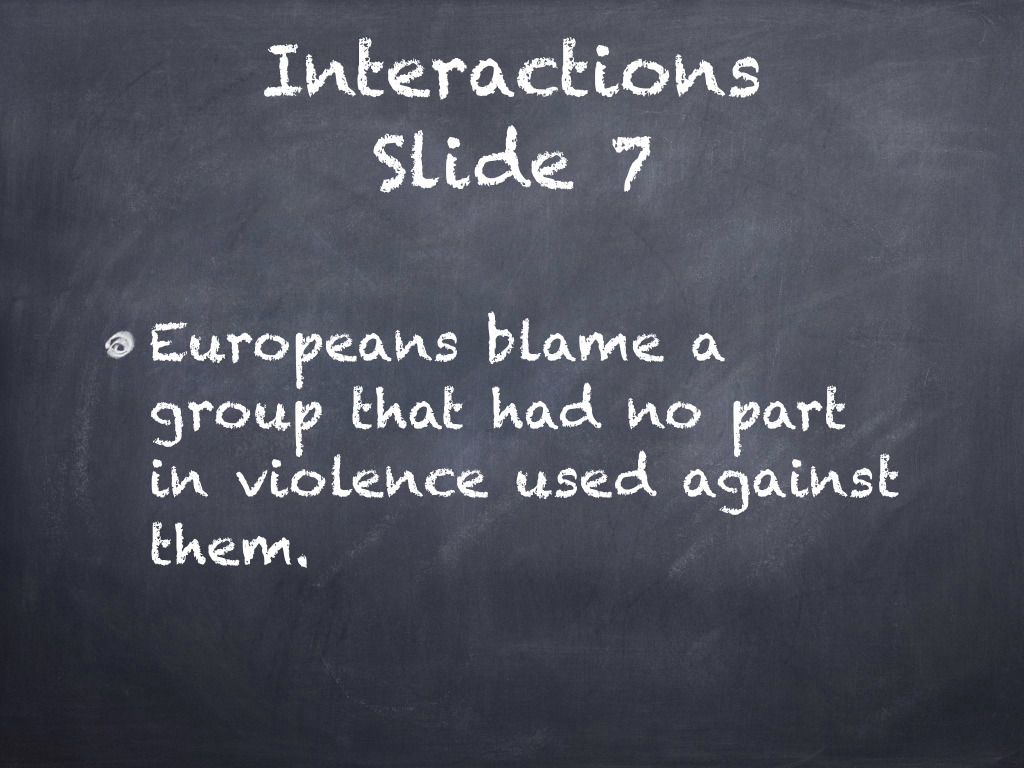

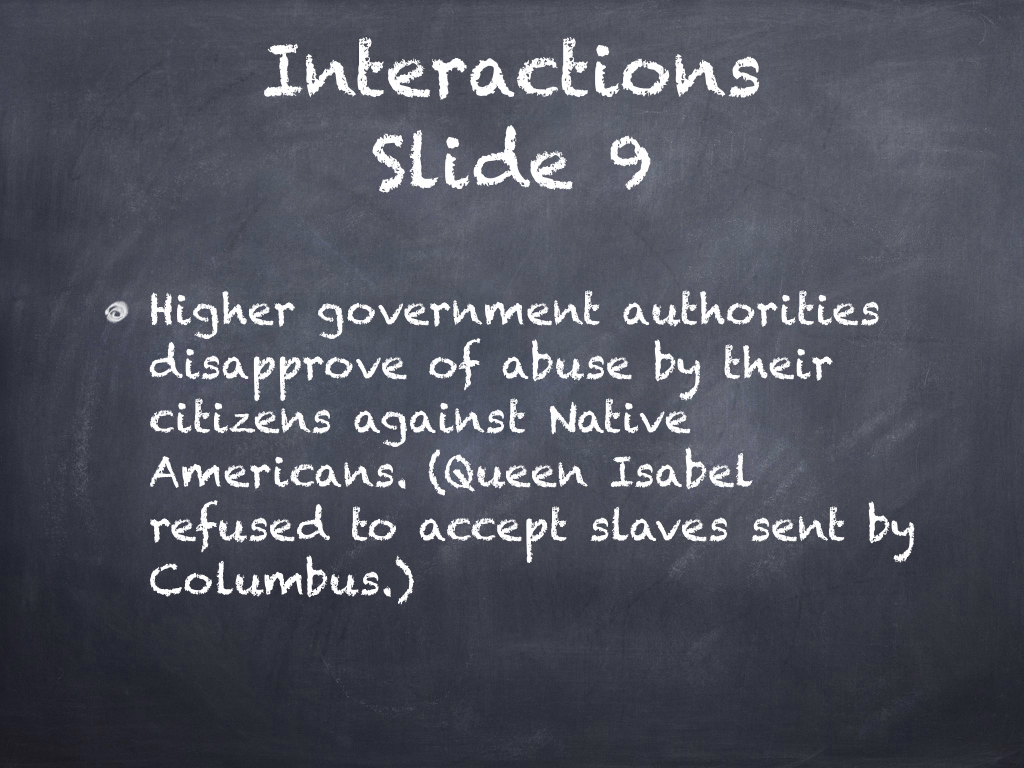

Below is a special message I wrote for viewers in 2020 about COVID 19, which was sweeping the world with death and disease. Since then, the world has benefitted from vaccines and effective treatments, although I’ve had family members hospitalized from COVID. A link to the CDC website is located below this 2020 message to viewers. – John Letz, June 3, 2024.
Covid 19
At the time of this episode – the Spring of 2020 – Covid 19 was killing many people in the U.S. and in other parts of the world. As terrible and fearsome as this was, the effects of diseases novel to Native Americans was worst by far. This began with first contact and continued decimating American Indian communities for centuries.
Before vaccines were available, desperate measures were needed to slow down the spread, measures that resulted in uncountable business failures and an interruption in income and education. Yet these measures did work in slowing the spread of the virus.
For this program, use of the RVTV studios stopped with the governor’s closure of all college campuses. This was disappointing, yet I supported the governor’s decision, and I still think her measures were the right call considering the absence of a vaccine. When a vaccine was available in the beginning months of 2021, it couldn’t be distributed fast enough to keep up with the demand. Later, a resistance to taking the vaccine emerged among many in the United States. Native Americans took this disease seriously. We know that no such protection was available for the European diseases for which Native Americans had no immunity.
Notwithstanding the difficulty in losing access to the studio, I continued producing new episodes of Ramping Up your English using my own video equipment and archival material gleaned from the internet. While seperate issues have kept me out of the studio, I’m beginning to use the Digital Media Center again for these productions.
With the vaccines and treatments we have today, COVID 19 is no longer a death sentence, but the virus is still with us and is still reason for concern. 12-15-23
For information on the COVID 19 virus, visit the CDC website using the link below:
https://www.cdc.gov/coronavirus/2019-ncov/index.html
In the spring of 2020, I left this message to viewers of Ramping Up your English: Dear Viewer – Stay well, and we’ll see you on the other side of this thing.
John Letz – Producer and Host – Ramping Up your English
March 31, 2020
Next Episode
Episode 97: Vocal 3 helps viewers clarify key vocabulary that’s necessary for understanding the events that followed from the voyages of Columbus. Click here to visit the Episode 97 page.